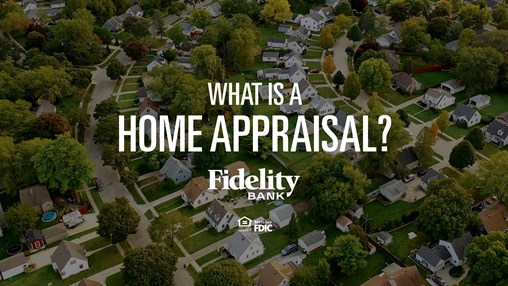WHAT IS A MORTGAGE LIEN?
WHAT IS A MORTGAGE LIEN?
6/14/2023Understanding mortgage liens
When you hear the word “lien” you may cringe, but not all liens are bad. Mortgage liens, for instance, are a normal part of the home financing process that makes buying a home over time possible. Other types of involuntary liens are damaging to your credit and restrict the options you have to buy and sell properties. We’re here to help you understand the difference.
Voluntary mortgage liens
At a basic level a lien is a legal claim to a property that serves as collateral for a debt, which is in place until the debt is paid off. When a person takes out a loan from a bank to buy a home, the lender puts a mortgage lien on the property giving them claim to take the property back should the borrower be unable to repay the mortgage amount. Borrowers enter into this lien voluntarily as part of the long-term financing of the home. As long as the borrower keeps up with the payments, they are free to sell the home or refinance their loan to different rates and terms.
Involuntary liens
Some liens are placed on property without the consent of the borrower, usually due to some form of unpaid debt. The property owner must address these involuntary liens in order to have a clear title. Without a clear title the owner cannot sell or refinance the property. If you are buying a property that has an involuntary lien, the transaction will not be finalized until the lien is addressed. This is why the home buying process includes paying a title company to complete a search for any outstanding liens. Ideally, this is done to allow enough time to identify and correct any issues. Common types of involuntary liens include:
- Property tax liens issued by state or local governments for failure to pay property taxes
- Federal tax liens issued by the Internal Revenue Services for failure to pay federal taxes
- Homeowners association liens issued by an HOA for failure to pay dues or fees
- Mechanic’s liens issued by different types of contractors for failure to pay for work completed on the property
- Judgment liens issued by a court for financial damages owed to plaintiffs, including collections of outstanding credit card debt, medical bills or personal loans
Liens are not limited to a specific property. General liens can be placed on all of a person’s property and assets. If you have liens against your property or assets, you will likely not qualify for a mortgage until they are paid off. In fact, you may be required to reestablish credit for 12 months or longer and obtain a letter of explanation for all liens in order to obtain home financing.
Lenders see individuals with liens on their property and assets as outsized credit risks, especially if they are likely to result in foreclosure. Individuals should avoid this dire situation at all costs, as it will affect their ability to qualify for a mortgage for one or more years.
How to avoid involuntary liens
Here are some ways to ensure that you keep a clear title to your property and maintain the ability to sell, refinance or qualify for a new mortgage:
- Keep up with your debt payments
- Pay off your debt in full, if possible
- Monitor your credit for delinquencies
- If you are having trouble meeting your obligations, work with the creditor to establish a revised payment plan
- Dispute any erroneous liens and consider obtaining legal representation, if needed
Get informed
Are you unsure if liens might prevent you from qualifying for a loan? Do you think a property you are interested in buying may not have a clear title? Our lending professionals stand ready to help you through every step of the home buying process, making sure you understand any impact of voluntary and involuntary liens. If you have questions, or you are ready to take the next step toward purchasing a home, contact us today.
Additional reading
Calculators


